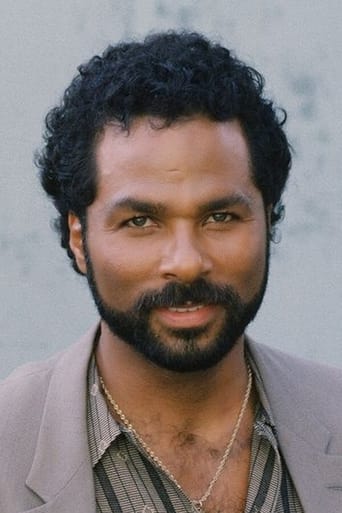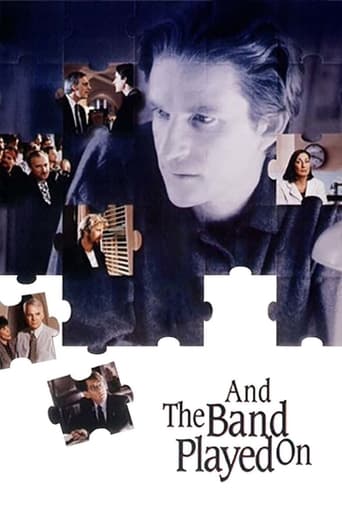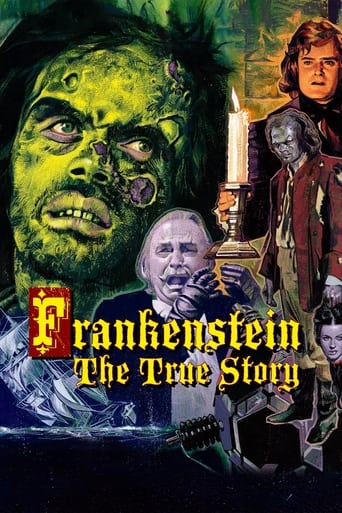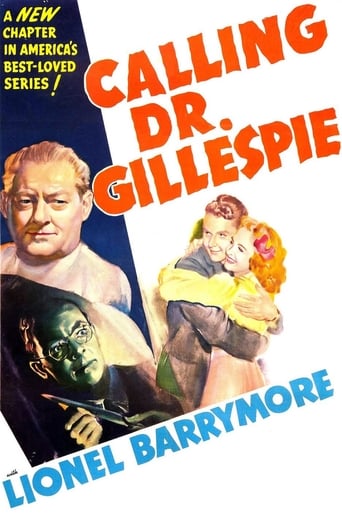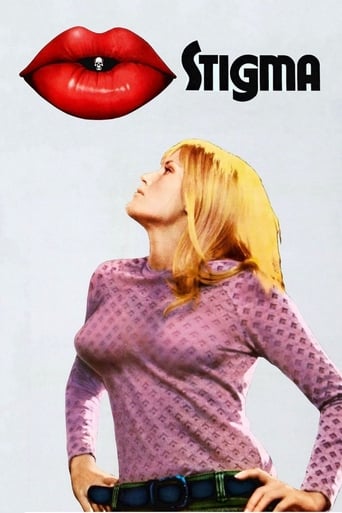
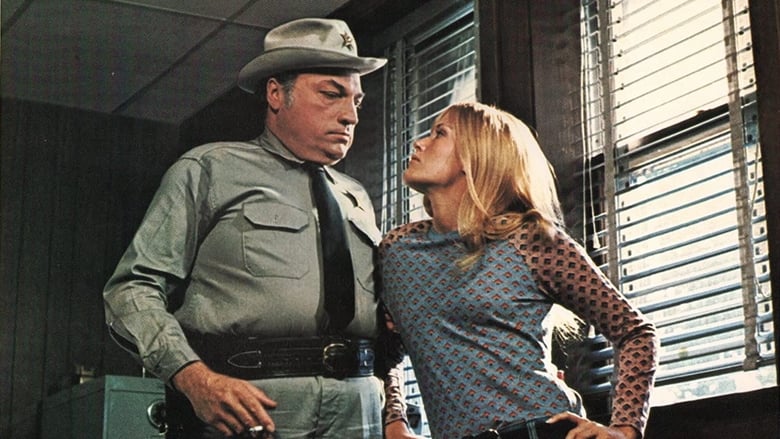
Stigma (1972)
A black doctor ex-convict returns to the all-white town he knows as home and discovers a deadly disease threatening the citizens. He must fight prejudice and time if he is to save the town.
Watch Trailer
Cast


Similar titles
Reviews
Philip Michael Thomas gives a surprisingly good performance as Calvin Crosse, a doctor fresh out of prison for performing an illegal abortion. Crosse has been given a second chance by his former teacher, who is conducting some sort of research on an island. Unfortunately, Crosse arrives at the island, inhabited by redneck fishermen distrustful of outsiders, to find his mentor dead and a mystery about some contagion that is ravaging the island. Of course, the audience soon figures out what that contagion is. Stigma is a slow burn film that is somewhat better made than what many would be viewers might think. Many viewers (including this one) approach this film to see the type of over the top thrills of I Drink Your Blood, Stigma director David Durston's rabies movie. However, Stigma is more concerned with characters and capturing the local atmosphere of the island. There are concessions to cheap thrills of course. The most obvious example is the inclusion of a documentary on the long term effects of untreated syphilis, found footage which will have some audience members gagging. Stigma is no lost classic, but a viewer could do much worse. While episodic at times, Stigma holds the viewer's interest for most of its running time. This is largely because of Philip Michael Thomas, an underrated actor giving it his all in the role of Calvin Crosse.
Brash and sarcastic black doctor Calvin Crosse (smoothly played by Philip Michael Thomas) encounters racism and corruption while attempting to curtail an outbreak of syphilis in a remote island community.Writer/director David E. Durston relates the engrossing story at a brisk pace, nicely captures the stifling atmosphere of the uptight isolated town, maintains an admirably earnest tone throughout, and provides amusing moments of sharp humor amid all the deliciously lurid dramatics. The spirited acting from the game cast keeps this movie humming: Harlan Cary Poe as amiable Vietnam veteran Billy Waco, Peter Clune as the hateful bigot Sheriff Whitehead, Josie Johnson as the sheriff's rebellious teen daughter D.D., Connie Van Ess as cheery whorehouse madam Tassie, and William Magerman as crazed lighthouse keeper Jeremy. Disc jockey 'Cousin' Brucie Morrow appears as himself in a documentary on venereal diseases (the explicit shots of the brutal ravages of untreated sexually transmitted illnesses are pretty damn gross and gut-wrenching). Jacques Urbont's jaunty harmonic score hits the right-on groovy spot. Robert M. Baldwin's polished cinematography makes nifty occasional use of fluid tracking shots and askew camera angles. Worth a watch.
This movie uses a VD awareness message as the gloppy wheat paste to bind together a mache of nude cavorting on the beach, comic-relief 'retards', big menacing guys standing around waiting for a fight scene that never comes (instead a lady of the night tickles them with a pitchfork), and Philip Michael Thomas doing a racial-pride shtick in his pre-pigment-fader youth. But how's he supposed to be sympathetic when he's such a jerk? He throws several tantrums during a five-minute hitch-hike, he grabs and yells at his patients then wonders why they run away. And for good measure, he's also an idiot - he kicks the sheriff in the nuts and leaves on the run, but stops off back at his place so he can talk into a tape recorder for about 45 minutes. The movie looks pretty good as long as nobody's trying to use lights, and it played like Erich Von Stroheim on a double bill with Frozen Scream. But just when you think you're in for an action-packed climax, you get five minutes of the kids sitting in a circle learning about the dangers of promiscuity. Followed by a death-by-supersonic-foghorn that is the most pathetic deus ex machina in the history of cinema.
For all its failings, Stigma remains a fascinating film. There's no doubt that the film is badly acted and written--even star Philip Michael Thomas, playing a doctor, struggles to overcome the script's shortcomings--but Stigma is essential viewing for anyone interested in regional or exploitation cinema. Early scenes imply that the 'stigma' in question is the color of Thomas' skin, with his introduction to a small, predominantly white backwoods town going about as well as you might expect. But the film quickly shifts gears, beginning with a bizarre 'educational film within a film' segment outlining the horrors of syphilis and gonorrhea. Soon enough, local nut-case Jeremy (William Magerman) shows up on Thomas' doorstep and gets the dread diagnosis: he's got an advanced case of the clap. It's up to our hero to track down the source of the disease, leading him to pry into some of the town's deepest and darkest secrets, and by the final reel, the film has transmogrified into a glorified public service announcement. Along the way, though, there are enough odd touches to keep viewers involved, with the film anticipating the weird back country orgies of The Wicker Man, the venereal horrors of They Came From Within, and the lighthouse setting of The Fog. Somehow I doubt that John Carpenter, David Cronenberg, or Robin Hardy had the opportunity to watch Stigma, let alone be influenced by it, but stranger things have happened.


